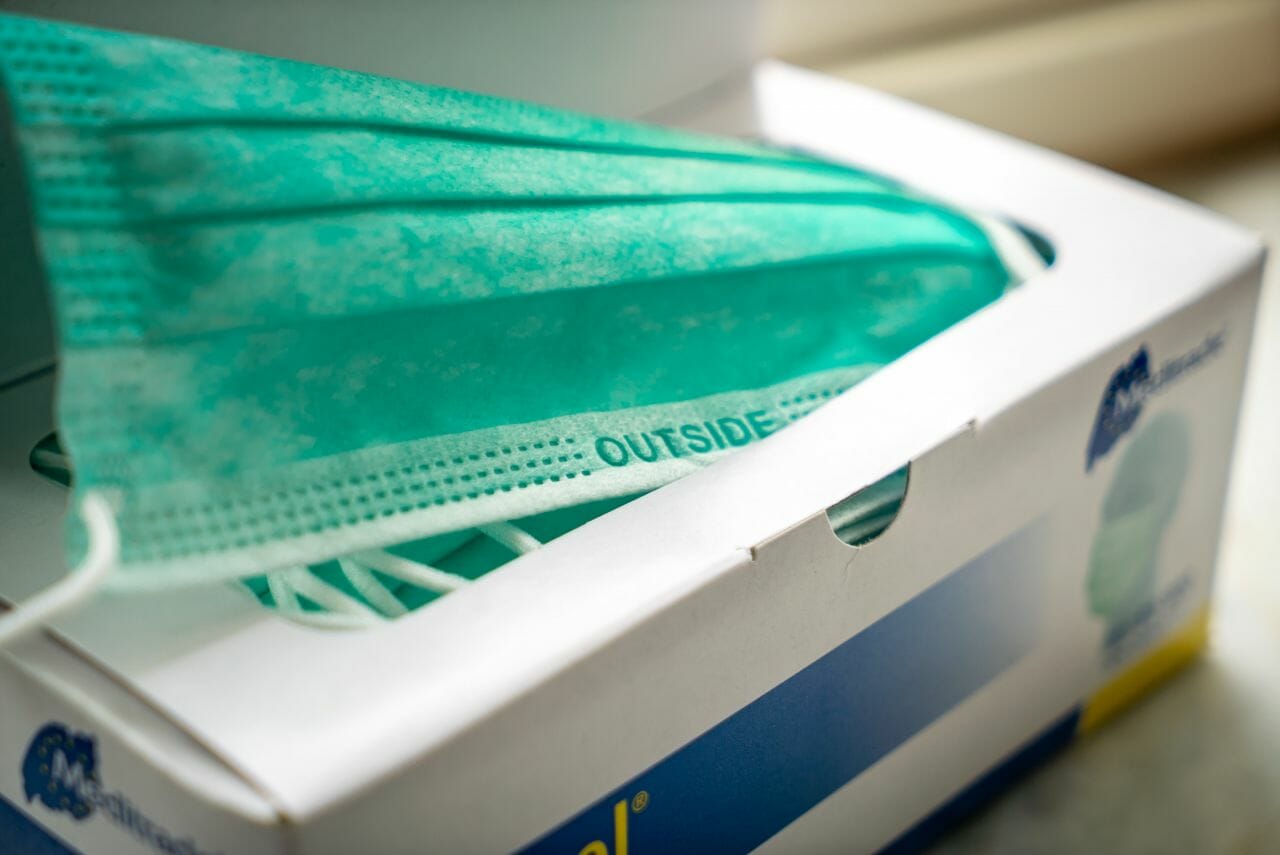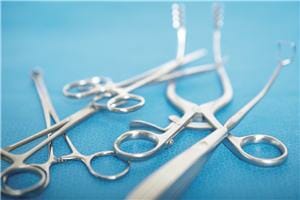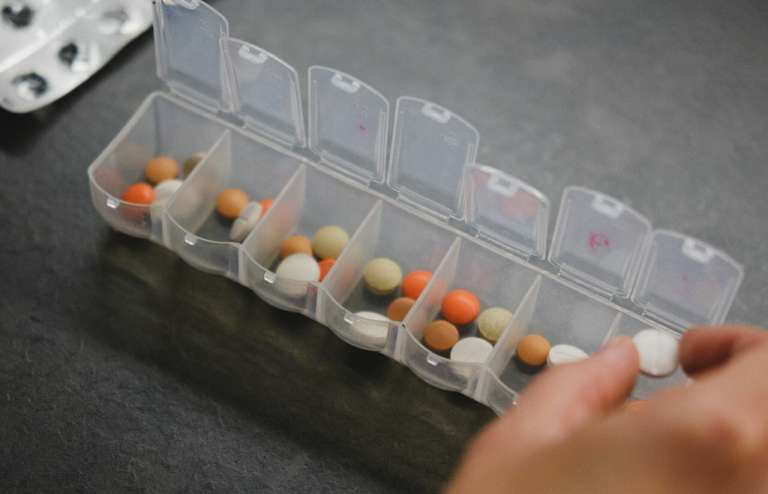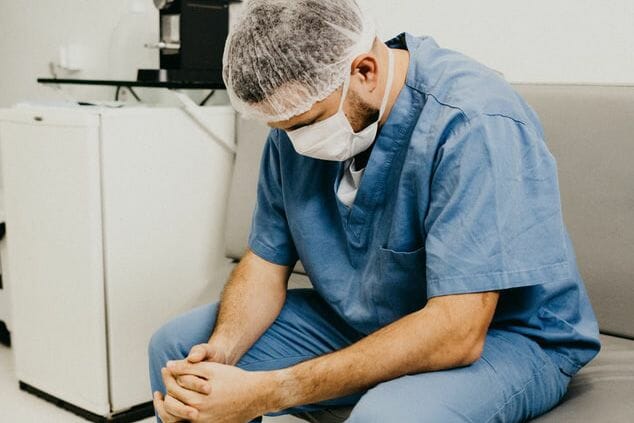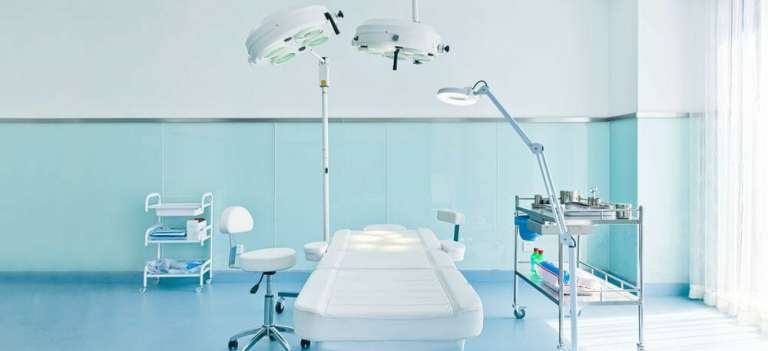The Public Health England is expected to release new guidance on the use of Personal Protective Equipment (PPE) this week. However, there continues to be concerns over the lack of equipment available to frontline key workers in the NHS.
The current guidelines state that the level of PPE required is dependent on your role as a key worker, the closer the contact with those suspected or diagnosed with Covid-19, the more robust the equipment should be, including fluid repellent mask, eye protection, apron and gloves.
It is also important that the equipment is put on close to the point of use and removed again immediately afterwards to reduce the risk of cross-contamination. This means that some doctors will need to replace their PPE multiple times throughout the day, particularly GPs who are advised to wear PPE within one metre of patients with possible or confirmed Covid-19, but this is not required if the patients are asymptomatic (showing no symptoms). In contrast if healthcare workers have been assigned to a ward of Covid-19 patients, then they are recommended to keep their PPE on at all times and only replace their mask if it becomes moist or damp.
There have been previous reports on the lack of necessary PPE for frontline keyworkers. GPOnline ran a poll last month with more than 300 GPs responding, 85% of them said they were not satisfied with the level of PPE provided. It is not surprising that it is proving difficult to keep up with necessary demand nationwide as we face this pandemic. However, The Guardian recently reported that NHS staff are being urged and, in some cases, threatened not to speak publicly about the widespread shortages. Whistleblowing should be an essential element to patient and carer safety, NHS staff should feel they have the freedom to raise concerns, particularly when it is related to the health and wellbeing of them or their patients.
Dr Samantha Batt Rawden, DAUK’s President said; “Doctors across the frontlines are extremely concerned about the lack of personal protective equipment (PPE). Many have told us they have tried to raise concerns through the proper channels but have been warned against taking these concerns further,”
“At this time when we desperately need every single doctor on the frontline, some have had their careers threatened, and at least two doctors have been sent home from work. This is unacceptable. Doctors have a moral duty to make their concerns regarding Covid-19 public if these cannot be resolved local.”
Healthcare professionals are expected to make immediate and accurate risk assessments when patients present themselves, to establish the correct PPE required for their symptoms and treatment. Is it fair for these professionals to have to make these decisions particularly if they are also having to consider if they don’t have enough equipment available? Should healthcare professionals be expected to take any gambles on their own or their patients’ health?
Dr Rob Harwood, Committee Chair at British Medical Association (BMA) said; “We need clarity from the Government on what it is that healthcare staff should do and, particularly, what risks they should not have to take if they do not have adequate PPE, if they should find themselves in this situation.”
Dr Yvonne Doyle, Medical Director at Public Health England (PHE) said; “Now that Covic-19 is much more widespread, we will carry out a rapid piece of work ensuring the guidance is clearer on which PPE should be worn in different NHS settings.”
Although this is a positive step, it could potentially be too late. Some GP leaders are calling a ‘no PPE, no see’ policy. Berkshire, Buckinghamshire and Oxford Local Medical Committee (LMC) said in a communication to practices; “We continue to press centrally for appropriate PPE for all practices. In the meantime, in the absence of appropriate PPE, we support practices in adopting a NO PPE, NO SEE policy and not conducting any face to face consultations without appropriate PPE.”
Dr Matt Mayer, LMCs Chief Executive said to his constituents; “There are limits to the risks you can be expected to expose yourself to. You are not under a binding obligation to provide high-risk services where your employer does not provide appropriate safety and protection.”
The nation came together last week to thank all those in the NHS who are working under extreme pressure to protect us from this pandemic, but no-one expects them to put their own lives at risk unnecessarily.

